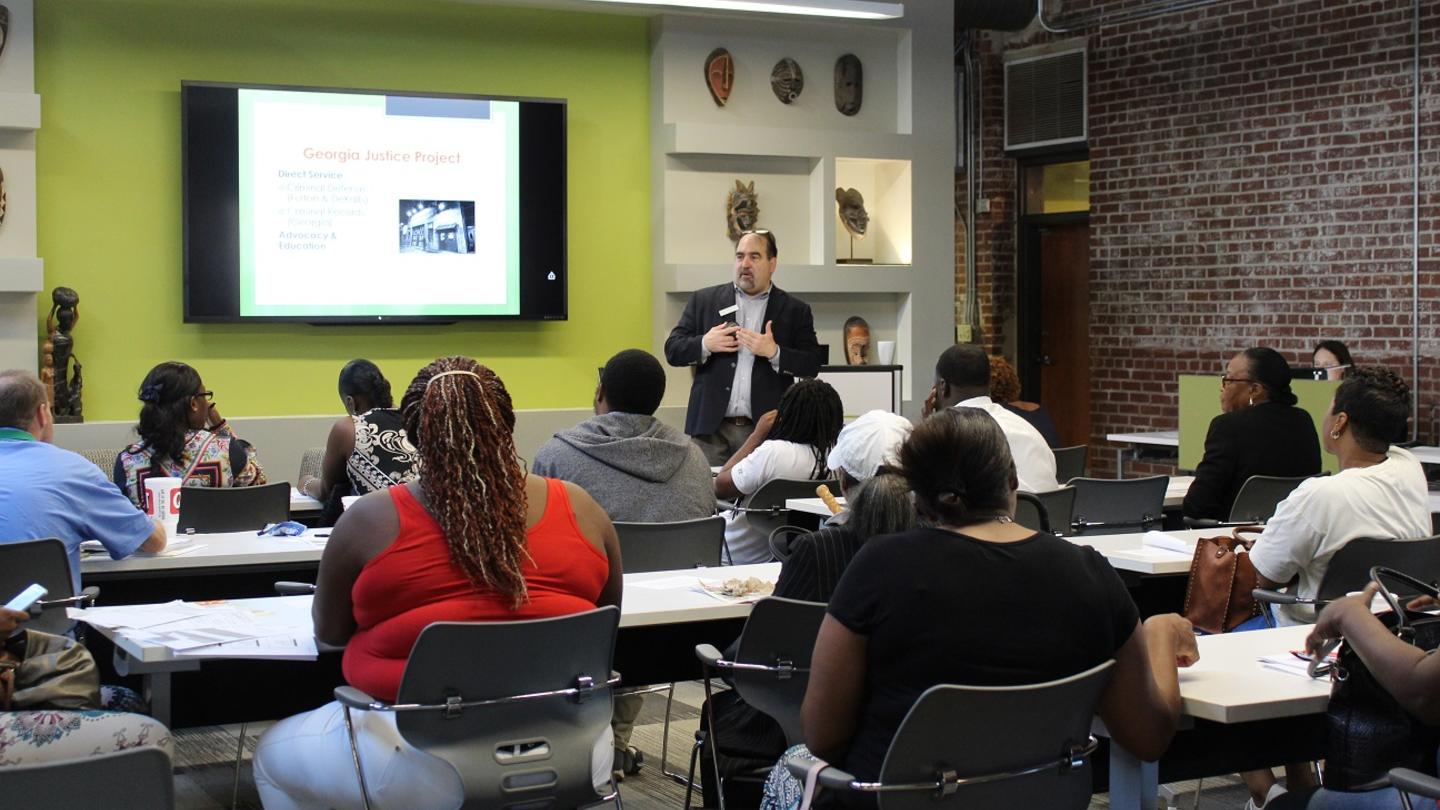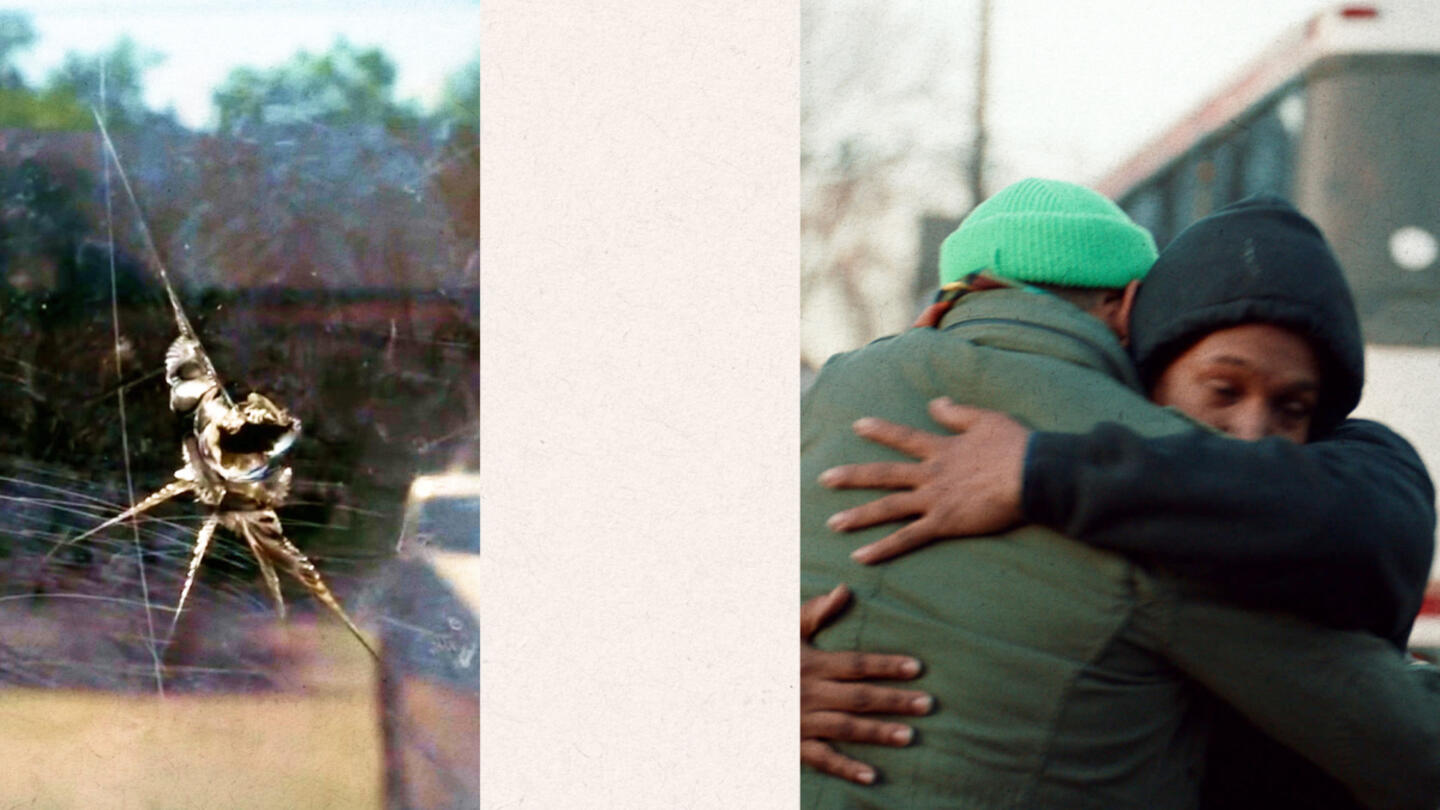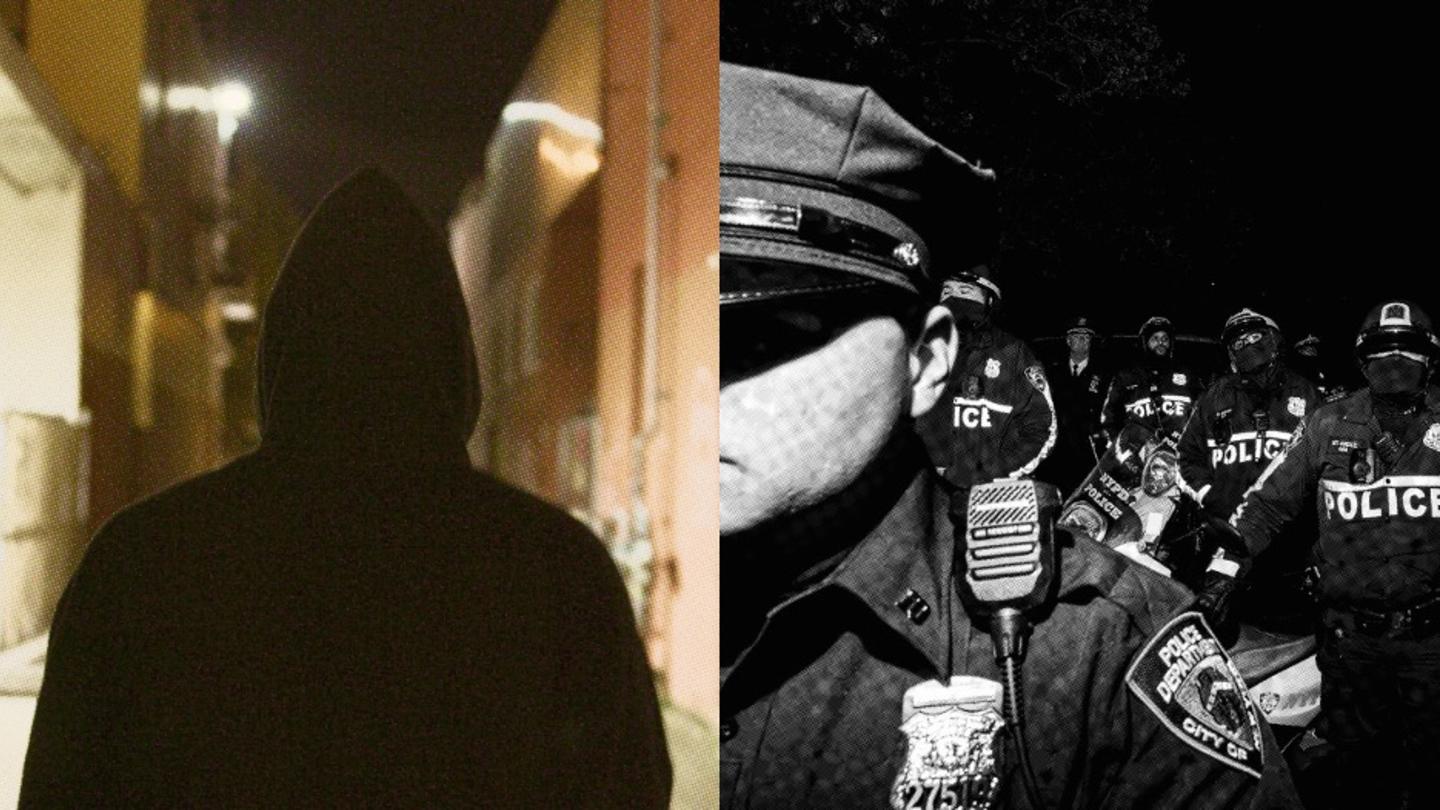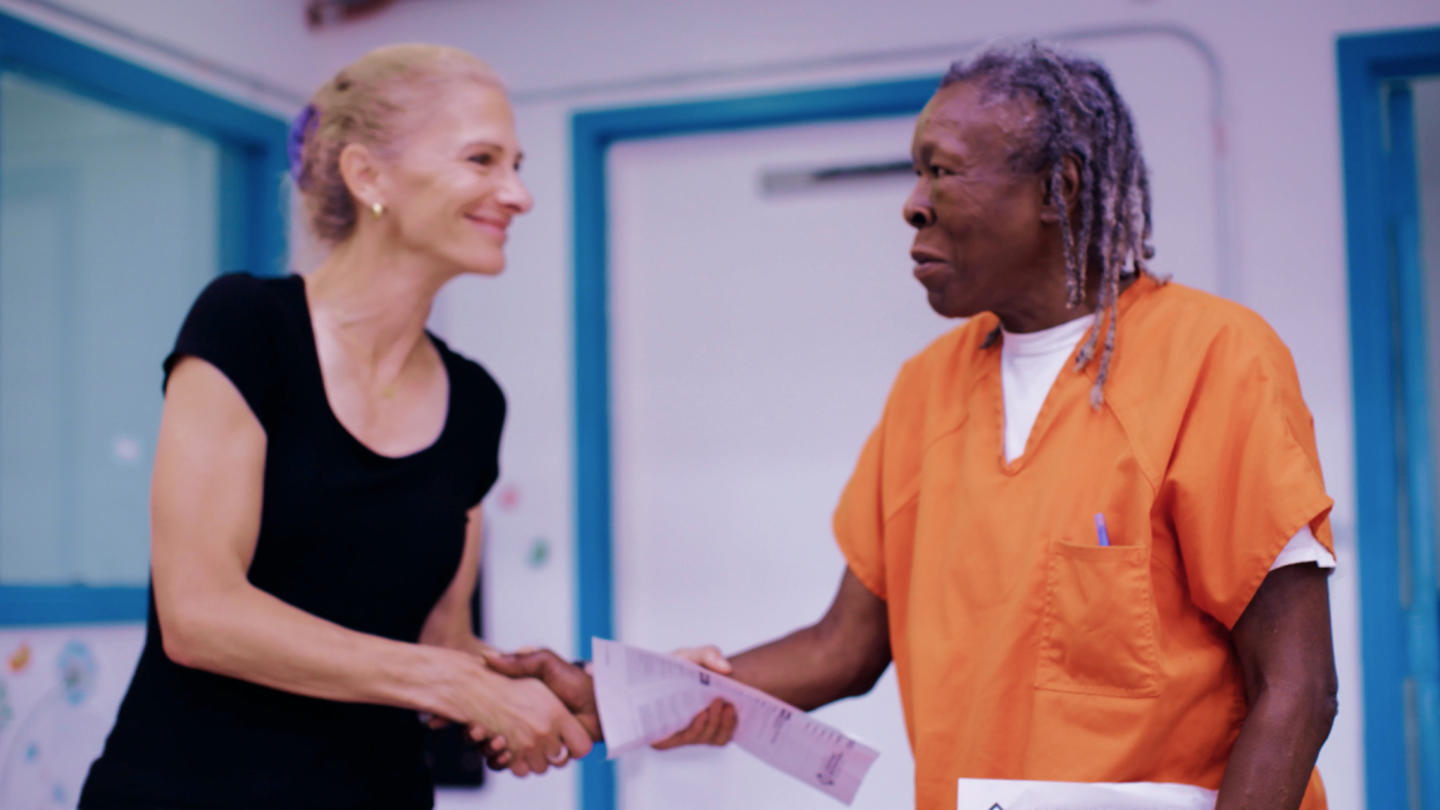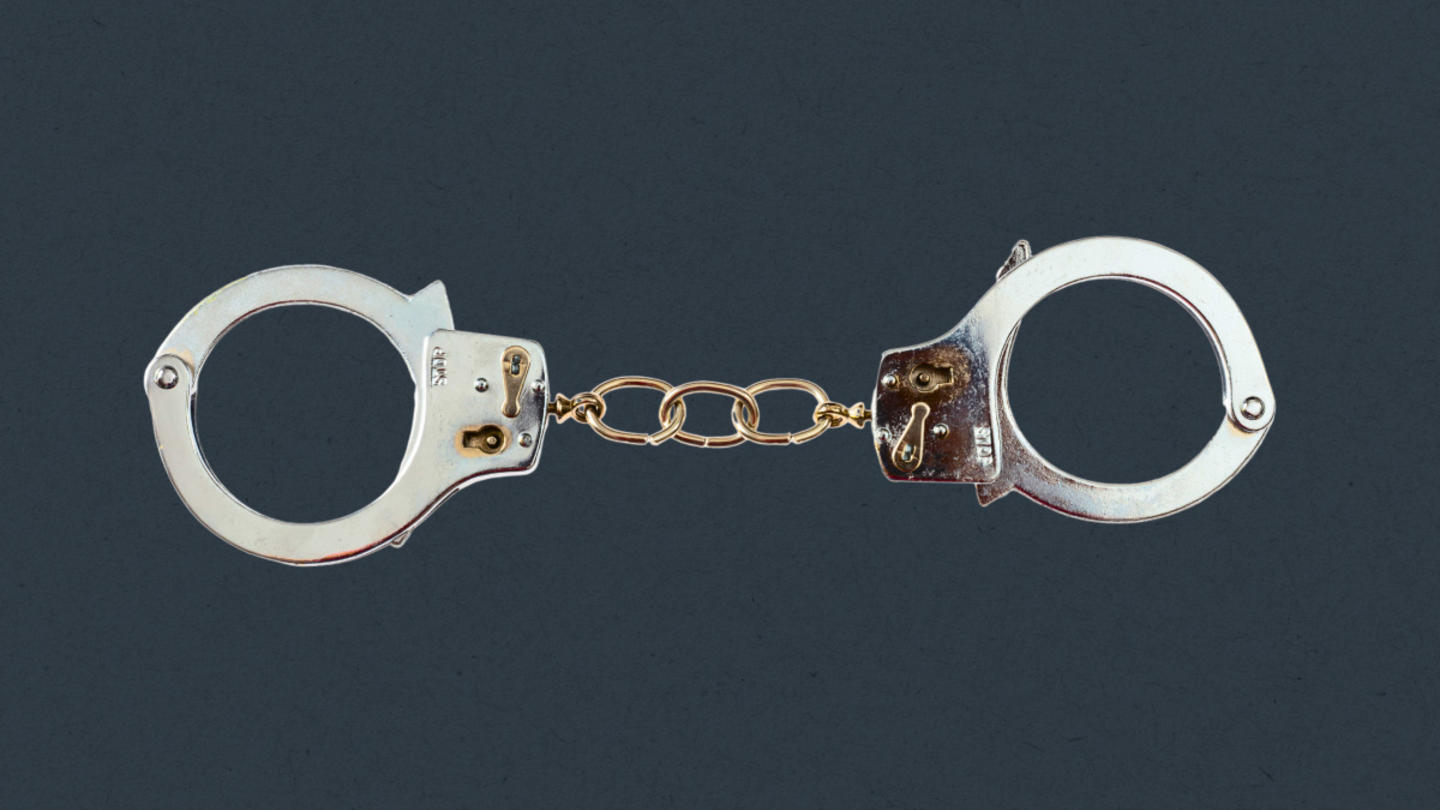For over 30 years, the Georgia Justice Project (GJP) has applied both legal and social programs, such as counseling, job training, and referral services, to support low-income defendants in court, in prison, and upon release. Every year, the organization represents over 500 people, and GJP's clients are 10 times less likely to be convicted than the national average because of GJP's help. Its policy work has led to reduced convictions and increased access to housing and employment for the 4.3 million people who have a Georgia criminal history. Georgia Justice Project is fiercely working to get the justice system to see the whole person and the whole situation before issuing rote sentences that make it difficult for individuals to alter the trajectory of their lives.
Doug Ammar, GJP's Executive Director, has spent three decades seeking fairness in sentencing and true justice for accused and convicted citizens. He began with GJP first as a volunteer, then as a staff attorney, and became the organization's Executive Director in 1995. In this interview with Stand Together, Doug reveals unexpected contradictions in judicial processes, explains GJP's approach to justice, shares his vision for how our country can move towards a model based on truth, and advocates for restoring both the humanity and efficacy of the criminal justice system.
NOTE: This interview has been edited and condensed for clarity.
Stand Together: Before we dive into the work of Georgia Justice Project, can you fill us in on how GJP is responding to the COVID-19 pandemic? How does it affect your work and the individuals you serve?
Ammar: GJP is committed to serving people affected by the criminal justice system, and our services are needed now more than ever for our clients, who are experiencing extra uncertainty in regards to employment, housing insecurities, and economic instability as a result of the pandemic. We've been expanding our services to be a lifeline for our clients through this crisis, including advocating for early release of our incarcerated clients, encouraging probation officials to adjust reporting and fees during the COVID-19 crisis, and working with the Georgia State Bar to plan the first virtual expungement summit in the state.
How does the scale of our criminal justice system influence the way it functions?
What has happened in the criminal justice system is that we've arrested so many more people, we've made more things crimes, and we've given more crimes a higher degree of punishment. The system has become more of a conveyor belt and a processor and is not really focused on what it's really there to do. A prosecutor's job is supposed to be to seek justice; their job is not to seek convictions. But they are hampered by an overwhelming flood of cases. There's a phrase in the criminal justice world regarding criminal defense lawyers: "Meet 'em, greet 'em, and plead 'em." And that means their lawyer usually meets someone, reads them and pleads them all within a few minutes, even people who are incarcerated.
Why does that overloaded system lead to a focus on punishment rather than justice?
The vast majority of crimes and cases are drugs or low-level things. They are not violent cases. If someone's own lawyer is spending only 10 minutes with them, you can imagine how much time the prosecutor is spending.
We have a case right now where a young guy, who was defending himself, shot someone in his own home. And we have every reason to believe he's innocent. We got him out of jail, but for the last two and a half years, we couldn't get the prosecutor to look at the file. This is a serious case, and yet two and a half years in, we couldn't get them to focus.
Then, without even looking at the file, the DA offered us a deal. "Well, what about 10 years in prison?" That just shows you how dramatic it is.
You would think, "Wow, somebody is arrested and charged with a felony. Surely somebody has looked at some evidence." That's often not the case. There's a little bit of evidence and a little bit of a reason and then things get rolling and they rarely stop.
How does this "conveyor belt" impact individuals in Georgia?
Unfortunately, there are a couple of facts and practices that suggest that Georgia has not done well on this front. 1 in 18 people in Georgia is in jail, prison, or on probation or parole. That's more than any other state in the country. Georgia has the highest rate of citizens under correctional control.
The glaring indicator of this fact is probation. Georgia has about two-and-a-half times the next closest state per capita for people on probation.
One reason is because Georgia doesn't limit the duration or use of probation. Many states limit probation to five years. So two key factors allow Georgia to lead the nation regarding probation being able to put someone on probation indefinitely and being able to send somebody to prison and put them on probation afterwards—are the main reasons Georgia's rate is so high. Georgia is really good at using the criminal justice system and put people in jail, in prison, or on probation or parole.
Why isn't probation an effective tool to dispense justice?
Probation can be an effective tool – but in Georgia it is clearly overused which reduces its effectiveness. In addition, it is too often offered as a quick resolution to smaller cases instead of digging deeper into the case, the client, or the situation.
Prosecutors and judges see it as, "We're giving you a break. We're not sending you to prison. You should be thankful you're on probation for 10 or 15 to 20 years for nonviolent offenses." In addition, I've seen so many innocent people take probation because it's the easiest way for a prosecutor to resolve the case and not have to go to the truth. People sitting in jail, waiting on their case to go to court, are often offered (and take) a quick probation resolution to their case – regardless of their actual guilt – that allows them to get out of jail.
There are many consequences of doing that. One is that you have to pay to be on probation—it's close to $40 a month. You also have to report to probation Monday through Friday, nine to five, no questions asked. So employers have to accommodate people on probation. And we know that employers, even if they're willing to hire someone with a criminal record, are not willing to hire someone who's on probation. Employers don't want that kind of interference and involvement.
Additionally, if you're on probation in Georgia for a felony, you cannot vote. When you're on probation, you agree to give up certain rights. People can search your house. You actually waive rights to your own privacy. There are a lot of ways that being on probation impacts someone's ability to live their life and be productive.
In what ways does the criminal justice system disproportionately impact low income communities?
It's often talked about as the "criminalization" of poverty. In Fulton County, the biggest county in Georgia, 93 percent of the folks arrested are poor. That's not unusual throughout the country. Once you're in that system you are under correctional control, and there are usually fines and fees.
Even if you're poor and have a public defender, the court often orders, "We're going to give you a $500 fee to pay back for the court costs for your lawyer, for the trouble we had to go through of having a judge and a probation officer and a clerk." Then you have fines. And on top of that, you have a fee for just paying for the right to be on probation. All of these financial obligations are on somebody as they enter probation or as they enter their sentence. The very system that is executing all this is asking the people who it's executing it upon to pay for it.
For our clients, we tell a judge, "We realize that our client's going to have to take a plea or they're getting sentenced, but our client's poor, and so therefore we want any fines and fees to be waived." Instead of having a fine or fee or having a monetary payment, can that person can do community service instead? But we have to ask for that.
How can judges and prosecutors be part of changing this system?
One of the best things to do is to get elected prosecutors to think about their jobs differently. And that's happening around the country. Criminal justice is decided at a very local level. People elect the very prosecutors who are making decisions on what should happen at a county level. One of the best things happening around the country is people in those positions of power at a very localized level are making decisions differently about how to deal with cases. So electing judges and prosecutors who are more interested in addressing the causes of crime (e.g. poverty, addiction, education, mental health, employment) and less concerned about punishment for the crime, will ultimately reduce crime and improve the community as a whole.
What is GJP's process for influencing the application of justice?
It's getting everybody to slow down, to look at the facts, to look at the person and look at what should happen based on all of those inputs. We are going to file every motion we can from the legal side of things. We're going to fight if we can, we're going to make the prosecutor look, we're going to dig into our client's history. We're going to get the judge to think differently and act differently about the resolution of the case.
What is unique about your approach at GJP?
We empower judges and prosecutors to see the whole person, the whole situation. To challenge their assumptions. We empower them to dispense healing, and a better future for these individuals and stop the push for punishment. We empower them to dispense justice.
Additionally, we follow our clients after the case is over. If you send them to prison, we're going to be with them. If they're out of prison, we're going to be with them. That level of assurance gets us even better results. The system can have some confidence that the person's going to be supported after the case. If the system really cares about safety, that should and does make prosecutors and judges more comfortable with resolving cases in a way that's more fair.
What is your vision for the future of criminal justice reform?
We understand that our approach to this front-end work is very labor intensive and it's probably hard to replicate on every street corner. But by having a group like ours in various communities, I think we'd change the conversation in these jurisdictions.
I'm also a big believer in restorative justice. I would love to see more restorative justice happen for small property crime—for whatever kind of crime the victim and the offender are able to work out the problem and not give all the power to the state to let them decide what should happen.
I think of options that offload people out of the system – like diversionary programs for first time offenders and low level cases. So then the prosecutor can focus on what's important or real. And maybe then truth can become more important.
But I think about not just changing the way we deal with the front end, but the 70-100 million people who've already gone through the system. I think there's so much work to do on that end because there are so many barriers for people who have been affected by the system.
I'm excited because I think most people in the country don't want to see people go back to prison. Most people in the country realize that it doesn't help anybody.
Learn more about Stand Together’s criminal justice efforts and explore ways you can partner with us.
